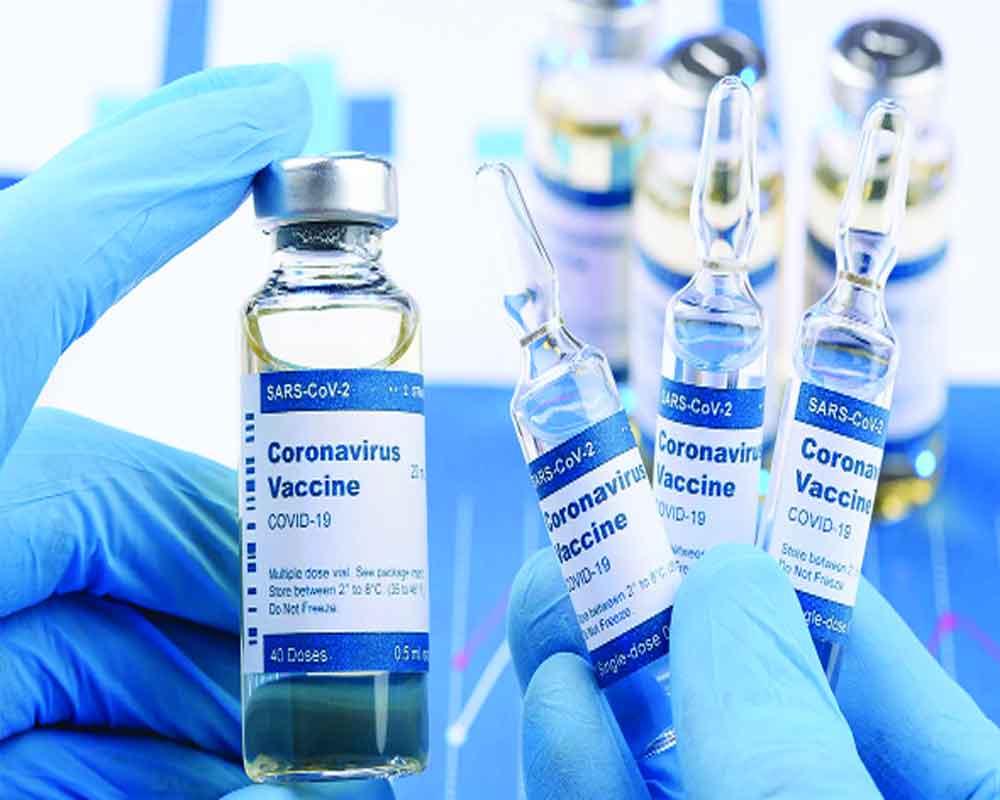Need a more diverse immune response targeting many mutable regions and/or a strong immune response targeting select immutable regions
Are we done with Covid-19? This is a question that seems to be on everyone’s mind. While the pandemic is not over, perhaps what we need is to answer the sub-text to the question - “Can we get on with a normal life, while keeping risks of severe sickness or death within the at the minimum”. The short answer is - yes we can, through vaccines.
The severity of an infection is best seen through the lens of host immunity and its interaction with the invading pathogen. Chickenpox and measles, which strike no fear in our hearts today, decimated the native American population during the European colonization. It was the lack of previous exposure and immunity that made the infections much more severe in natives compared to their European counterparts. When Covid-19 started, we had little immunity to a rapidly transmitting novel respiratory virus, SARS-CoV-2. Even then, only in a few cases the infection led to severe disease and death. The deep psychological impact of Covid-19 came not only from repeated waves of infections, where many people fell severely ill but also the information/mis-information tsunamis that have followed the global community, especially in the domain of social media. This sequence of events is what the public has in mind when they apprehensively ask, “is Covid-19 over?”.
The severity and fatality rate of any infection falls once the population becomes progressively immune. Vaccination is the preferred mechanism of acquiring immunity, when compared to infection, since infection carries the risks like progression to disease and even death. To argue otherwise, based on adverse events after vaccination, betrays a lack of quantitative understanding of immediate and long-term risks. We are continuing to discover long-term health problems after infection, but so far there have not been any such problems for vaccination despite billions of doses administered worldwide. Last, but not least, unlike vaccination, infection transmits, putting others at risk.
All available vaccines provide a level of protection against infections by new variants that are sufficiently similar to the ‘ancestral’ strain. The same is true for infections. Nevertheless, people with prior immune response are at much lower risk of severe disease during infections, even with newer variants. Recovery is also faster and more complete in previously vaccinated people. However, severe disease and deaths were mostly in vulnerable people who were neither vaccinated, nor previously infected.
Today, things are very different. The level of Immunity towards SARS-CoV-2 virus in the community is much higher, largely due to the one of the largest mass-vaccination programs the world has ever seen. Health-care capacity has also been substantially upgraded. While Omicron was a less virulent variant than Delta, it was quite capable of causing severe disease and death in vulnerable people, as seen clearly in America, Hong Kong, and elsewhere. The much milder third surge in India compared to such places is thus a good sign for the future.
The main difference is immunity, and vaccines have played a critical role towards higher population immunity and minimizing the number of vulnerable people. The next wave is again likely to be driven by a highly transmissible and immune evasive variant. Whether it will be less or more virulent, is a matter of chance. Betting entirely on progressive decline of virulence is unscientific and equivalent to playing Russian roulette. Relying on stronger immunity to reduce disease severity, independent of variants, is a much secure bet. We are currently at a point where future outbreaks are expected to be manageable unless the virus character changes drastically. The best way of minimizing the risk of major changes to the virus is by denying it opportunities to replicate, spread and evolve.
How will we get there? We need a more diverse immune response targeting many mutable regions and/or a strong immune response targeting selected immutable regions of the virus. While, such vaccines, covering both current and future variants, are under development, given the huge strides we are making in vaccinology during the Covid-19 pandemic, the day is not far away when we speak of respiratory vaccines directed against a multitude of viruses, rather than just one virus.
To conclude, vaccines have played an important role in limiting the impact of the Covid-19 pandemic and are our best way forward. Relying on natural immunity alone to stop pandemics is analogous to taking comfort in an old surgical adage - all bleeding stops.
On the national vaccine day, we must reflect on how vaccines saved lives in the recent past and imagine how innovations in vaccine-science can make our lives even safer in the immediate and far-reaching future as well.
(The writer is Director, Institute of Genomics and Integrative Biology. The views expressed are personal.)


























